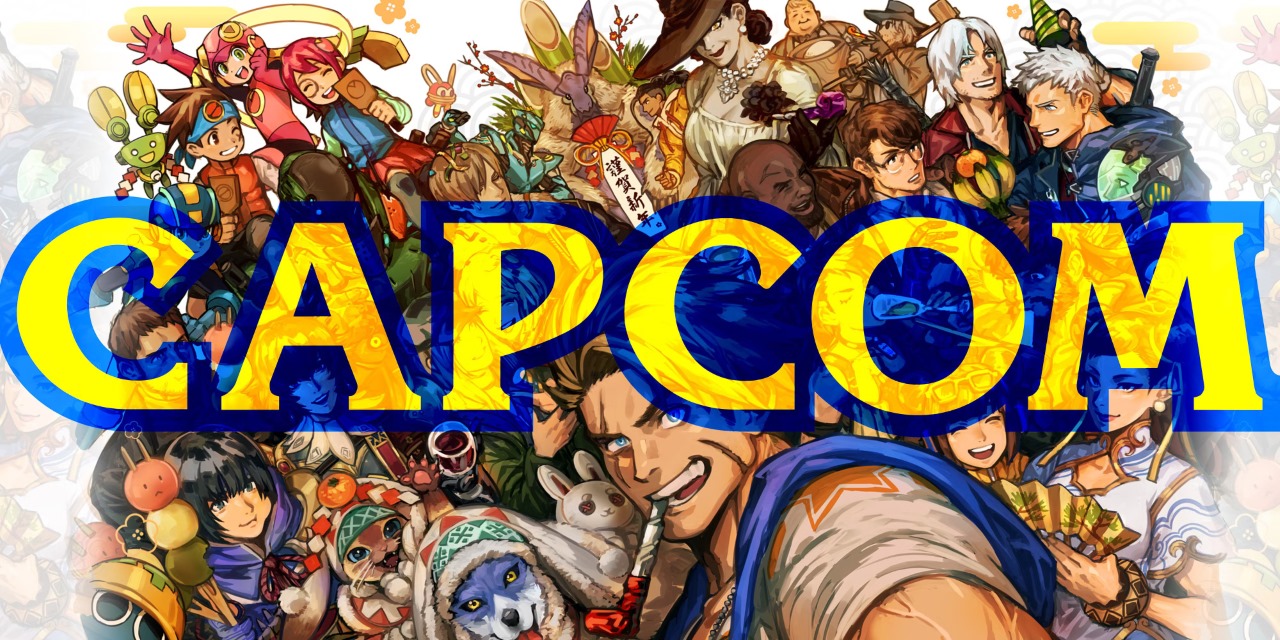Back in the quiet corners of Brittany, France, long before Assassin’s Creed rooftops or Far Cry outposts dominated screens across the globe, a small family-run operation was laying the groundwork for what would become one of the most influential video game companies in the world. That company was Ubisoft, and its rise from modest beginnings to industry titan is one of the more unlikely success stories in gaming history.
What makes Ubisoft's story fascinating isn't just its longevity or portfolio—though both are impressive. It's the people behind the games: five brothers from a small farming town who decided to take a risk on software at a time when most of France hadn’t yet embraced video games. Yves, Claude, Michel, Gérard, and Christian Guillemot didn’t start as game designers or coders. They were businessmen with vision, resourcefulness, and a deep belief in the potential of an emerging art form.






















